As ATF Medical grows, we have strengthened our executive team, most recently with the addition of Jim Rogalsky as Vice President of Client Services.
Jim is a 35+ year veteran of workers’ compensation, mostly with ancillary services companies. (Ancillary care services include physical therapy networks, pharmacy benefit managers, transportation and translation companies, home healthcare companies, along with providers of complex rehab technology, DME and home modifications.) CompDME, PhysNet, CypressCare/Healthcare Solutions, and TechHealth are among his past employers.
In addition, Jim was an owner of Priority Care Solutions, a specialty managed care network based in Tampa, Florida. He and his partners ran PCS for over a decade before it was acquired by Genex, which was in turn, part of a merger of companies that ultimately became Apricus.
Jim and his wife Carole live in Lithia, Florida and enjoy traveling and spending time at the beach. They have four grown children and eight grandchildren. One son and one son-in-law also have careers in the workers’ comp industry.
Here’s a Q&A with Jim:
You’ve been involved in workers’ compensation for most of your career. What do you like about comp?
Workers’ compensation is complicated and intriguing. You need to balance the needs of payers to contain costs and for injured workers to receive high-quality care. Obviously, facilitating recovery as quickly as medically appropriate and returning the employee to work is a huge part of reducing claims cost. Plus, it’s a relationship-oriented industry. People tend to know each other, form friendships, and want to work with each other.
How did your interest in catastrophic claims come about?
Priority Care Solutions served several municipalities and water and power agencies, so we saw several gunshot wounds, falls, burns, and electrocutions. Providing complex rehab technology, home modifications and vehicle mods to people with catastrophic injuries like these is immensely fulfilling. You can actually see how you are helping people and changing their lives.
How did you learn about ATF Medical?
I’ve known about the company for years and tapped ATF Medical’s services for all my previous companies.
What does “VP of Client Services” mean in our company?
Essentially, a client services department creates and strengthens bonds between a company and its clients. Client services departments look for ways to improve and enhance relationships and generate more referrals from existing clients. The lessons learned are applied to new business development as well.
We want to be sure that clients are satisfied with all ATF Medical services. Did they receive immediate responses to their questions or referrals? Were there unnecessary delays in delivering equipment? Are repairs made as quickly as possible? Do reports and updates come in formats that clients can easily use?
I also follow up with referral sources to determine the reason for order cancellations. Sometimes it’s because the proposal is higher than another company’s and we can look for ways to shave some costs or more thoroughly explain the recommendations, service levels, and pricing.
Doing this can salvage a proposal and build rapport with claims representatives. It gives us an opportunity to tell them about our all-encompassing, patient-centric approach and how we take work off their desks.
We also want to get involved earlier in complex claims. By reaching out to hospital case managers and nurses, we can monitor a claim’s progress, help with discharge planning, and make sure everything is in place when the worker comes home from the hospital or rehab center.
What do you think about the way the industry is today? What are some of the challenges we face?
The industry is in flux. There has been so much consolidation in recent years with boutique (ancillary provider) companies being purchased by larger conglomerates that there aren’t many players left. In addition, Baby Boomers are retiring so you’re losing adjusters with 20 to 30 years of experience.
The way we market has changed. Fee schedules have been beaten down to practically nothing, and networks can’t afford to offer 20-30% discounts like they did in the past.
As far as challenges go, COVID-19 radically changed how we work. With the move to remote and hybrid workplaces, we don’t have the face-to-face access to prospects and clients that we did. Zoom and Teams are a way of life, and not the best methods of communication. I think that negatively impacts relationships, making it harder to form bonds and renew friendships. LinkedIn can help, but it doesn’t replace face-to-face, in-person meetings. Conferences and webinars are becoming more important.
A lot of new technology has entered the market. New power chairs and cushions and new features come to market all the time. The good news for us is that it takes credentialed and experienced specialists to determine which will work better for a particular injured worker in a particular home or work environment.
If you haven’t had a chance to meet Jim yet, email him and introduce yourself.
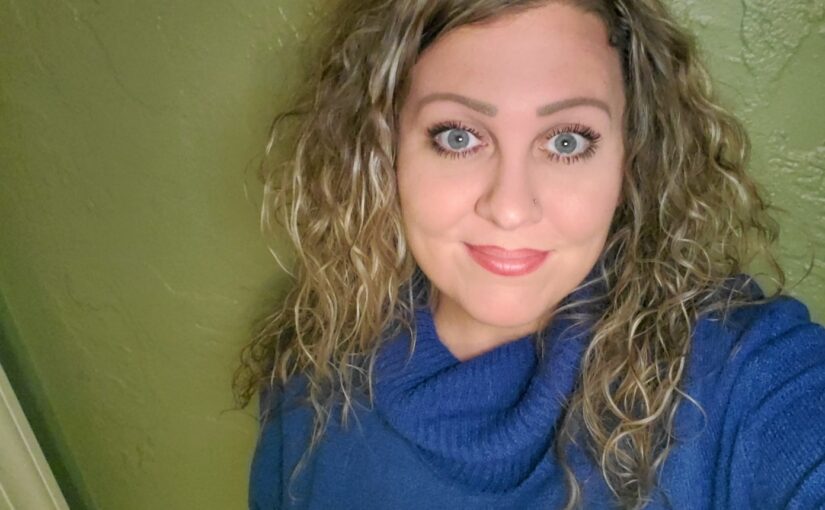
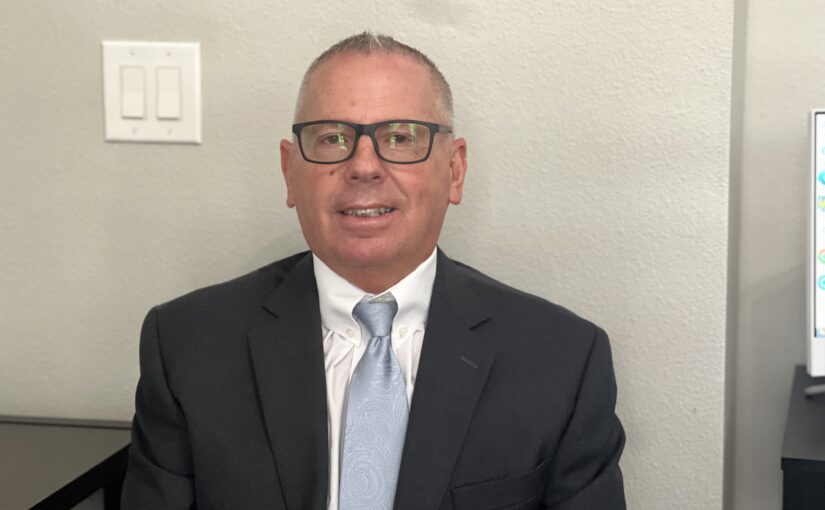
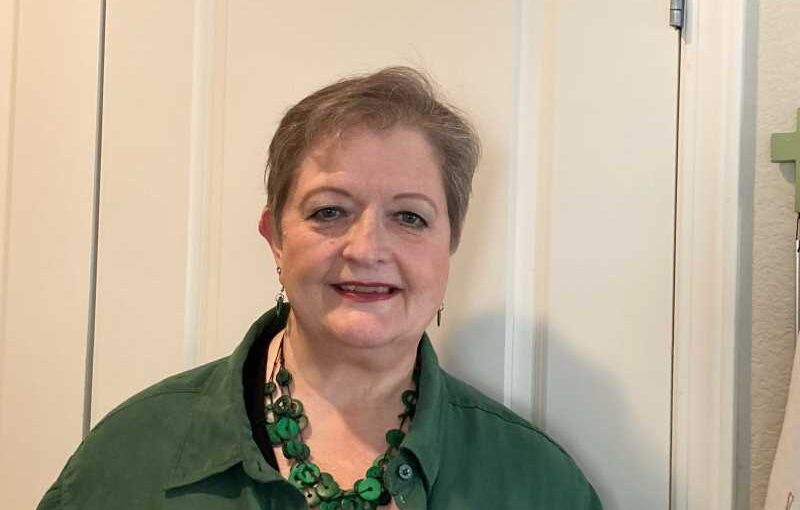
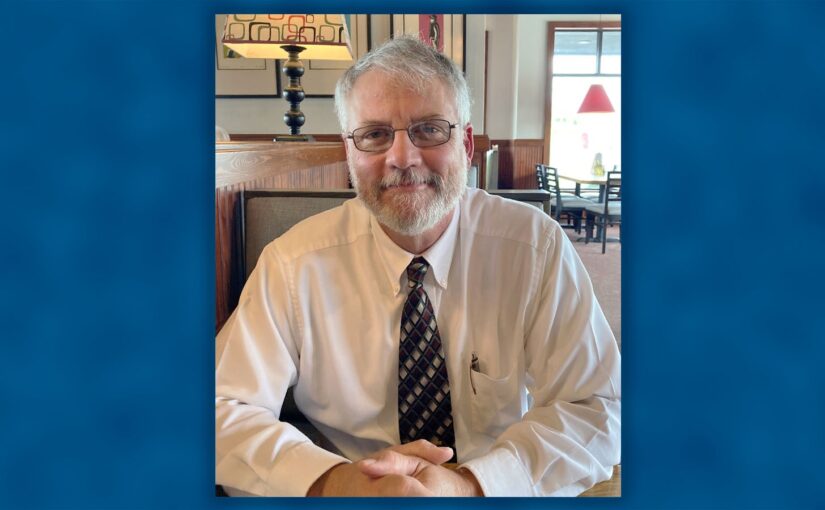
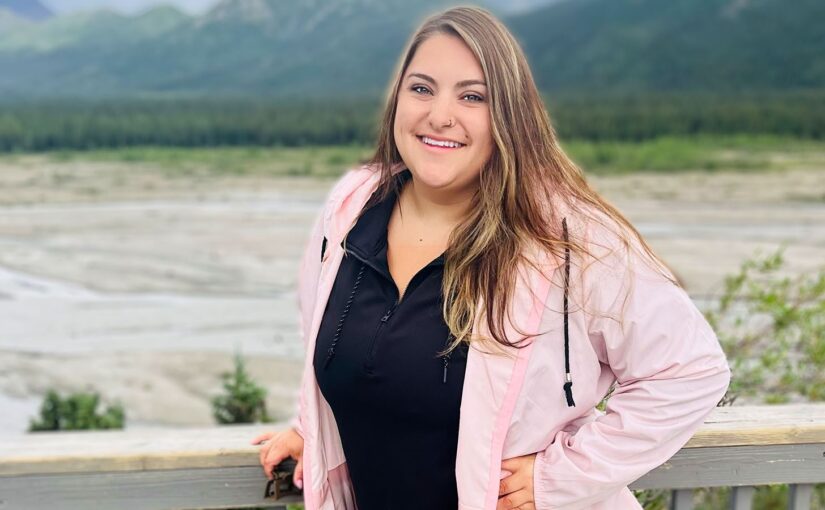

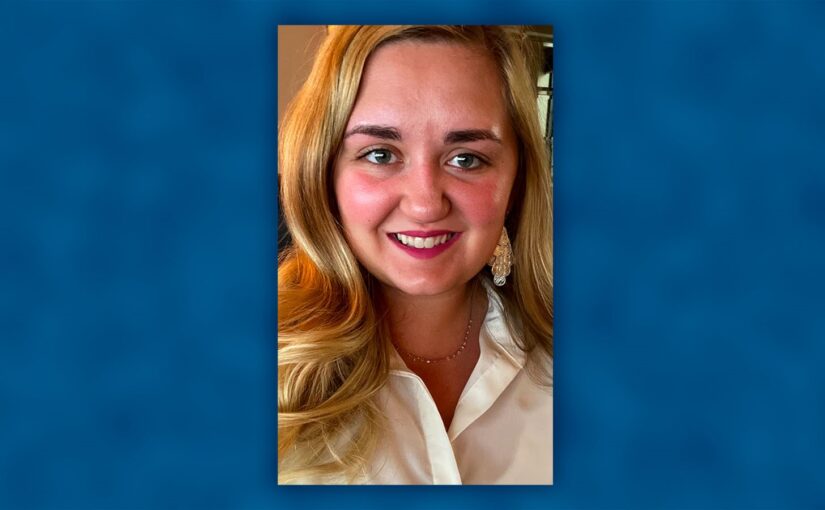
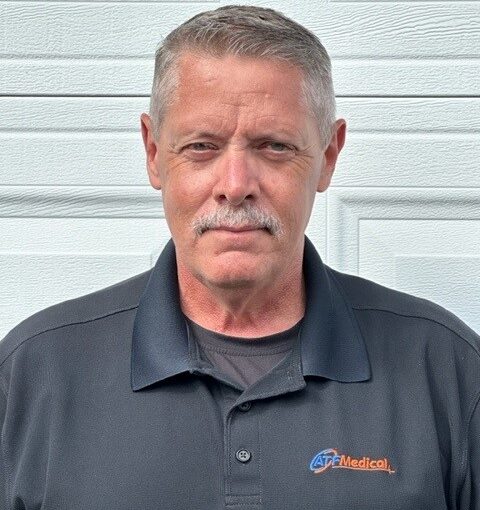
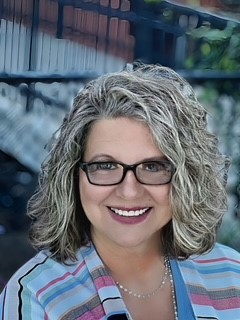
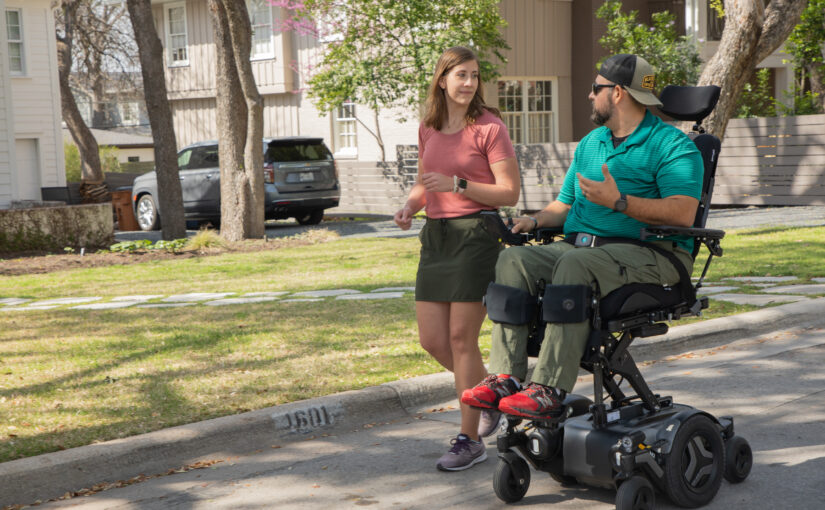
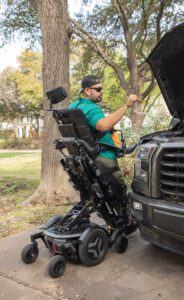 Healthwise, the standing position empowers the body to work as designed. Standing is good for circulation, bone density, muscle strength, and it helps reduce atrophy. Standing chairs also improve bladder and bowel management because they put people in position to allow gravity to void fluids from the body. This helps prevent urinary tract infections (UTIs). In addition, standing chairs provide one of the best pressure release techniques, helping patients avoid painful pressure injuries (wounds.)
Healthwise, the standing position empowers the body to work as designed. Standing is good for circulation, bone density, muscle strength, and it helps reduce atrophy. Standing chairs also improve bladder and bowel management because they put people in position to allow gravity to void fluids from the body. This helps prevent urinary tract infections (UTIs). In addition, standing chairs provide one of the best pressure release techniques, helping patients avoid painful pressure injuries (wounds.)